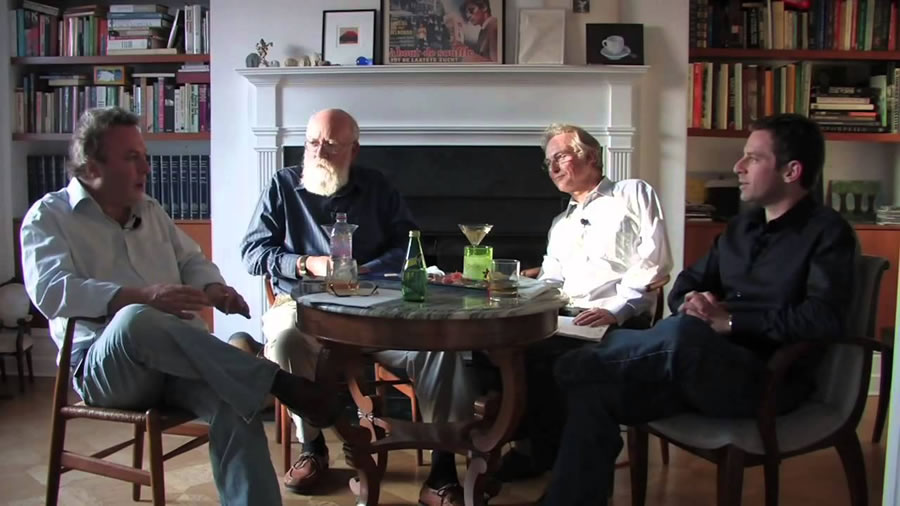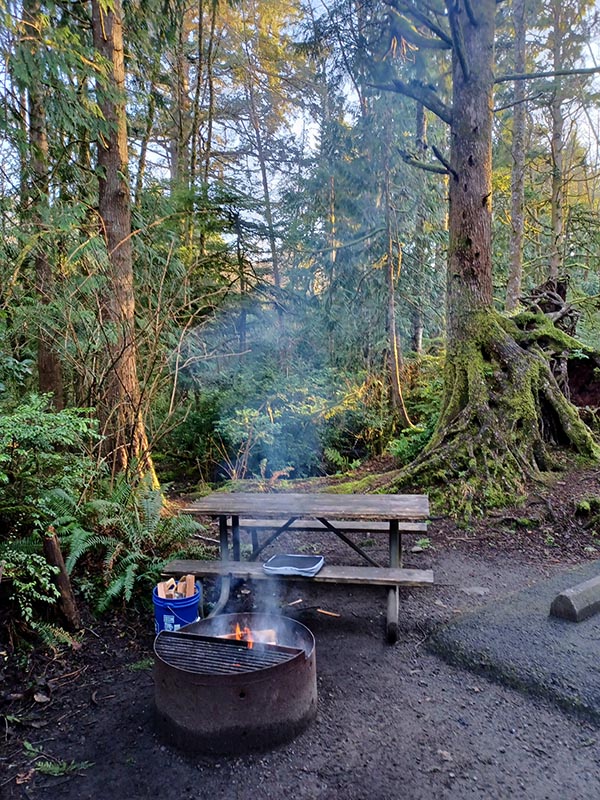Stratovolcano, 14,411 Feet (4,392M)
Cascades Mountain Range, Western Washington
Due East of Seattle, Tacoma, Olympia, and Puget Sound
Karen and I have traveled all around this immense and dramatic mountain many times since 2010.
Stratovolcano, 14,411 Feet (4,392M)
Cascades Mountain Range, Western Washington
Due East of Seattle, Tacoma, Olympia, and Puget Sound
Karen and I have traveled all around this immense and dramatic mountain many times since 2010.
Stratovolcano, 12,281 Feet (3,743 M)
Cascade Mountain Range, Southwestern WA
Near Yakima, Packwood, Klickitat, and Goldendale WA
Karen and I have traveled all around this immense and dramatic mountain many times since 2016.
Stratovolcano, 11,240 Feet (3,425 M)
East of Portland, Vancouver, Gresham, Troutdale, Sandy OR
Cascades Mountain Range, Northwestern Oregon
We can view Mt. Hood from many locations in Vancouver and Portland, Washington.
Karen and I have traveled all around this dramatic mountain many times since 2001.
han de zhi hou.
bi yu chi zi.
du chong hui she bu shi.
meng shou bu ju.
jue niao bu bo.
gu ruo jin rou er wo gu.
wei zhi pin mu zhi he er zui zuo.
jing zhi zhi ye.
zhong ri hao er bu sha.S
he zhi zhi ye.
zhi he yue chang.
zhi chang yue ming.
yi sheng yue xiang,
xin shi qi yue qiang.
wu zhuang ze lao.
wei zhi bu dao.
bu dao zao yi.
- Pinyin Romanization, Daodejing, Chapter 55
The "Four Horsemen"
Of Contemporary Free Thought

Christopher Hitchens, Daniel Dennett, Richard Dawkins, Sam Harris
The "Four Horsemen" of Free Thought in 2009
I have enjoyed and benefitted from reading three books by the fine writer, humanist, and scholar: Sarah Bakewell.
How to Live, or A Life of Montaigne in One Question and Twenty Attempts at an Answer.
At the Existentialist Cafe: Freedom, Being and Apricot Cocktails.
This week, I have enjoyed reading her newest book:
Humanly Possible: Seven Hundred Years of Humanist Freethinking, Inquiry and Hope. Penguin Press, 2023, 454 pages. VSCL.
Ten Golden Rules for Living the Good Life
“1. Examine life, engage life with vengeance; always search for new pleasures and new destines to reach with your mind.
2. Worry only about the things that are in your control, the things that can be influenced and changed by your actions, not about the things that are beyond your capacity to direct or alter.
3. Treasure Friendship, the reciprocal attachment that fills the need for affiliation. Friendship cannot be acquired in the market place, but must be nurtured and treasured in relations imbued with trust and amity.
4. Experience True Pleasure. Avoid shallow and transient pleasures. Keep your life simple. Seek calming pleasures that contribute to peace of mind. True pleasure is disciplined and restrained.
5. Master Yourself. Resist any external force that might delimit thought and action; stop deceiving yourself, believing only what is personally useful and convenient; complete liberty necessitates a struggle within, a battle to subdue negative psychological and spiritual forces that preclude a healthy existence; self mastery requires ruthless cador.
6. Avoid Excess. Live life in harmony and balance. Avoid excesses. Even good things, pursued or attained without moderation, can become a source of misery and suffering.
7. Be a Responsible Human Being. Approach yourself with honesty and thoroughness; maintain a kind of spiritual hygiene; stop the blame-shifting for your errors and shortcomings.
8. Don’t Be a Prosperous Fool. Prosperity by itself, is not a cure-all against an ill-led life, and may be a source of dangerous foolishness. Money is a necessary but not a sufficient condition for the good life, for happiness and wisdom.
9. Don’t Do Evil to Others. Evildoing is a dangerous habit, a kind of reflex too quickly resorted to and too easily justified that has a lasting and damaging effect upon the quest for the good life. Harming others claims two victims—the receiver of the harm, and the victimizer, the one who does harm.
10. Kindness towards others tends to be rewarded. Kindness to others is a good habit that supports and reinforces the quest for the good life. Helping others bestows a sense of satisfaction that has two beneficiaries—the beneficiary, the receiver of the help, and the benefactor, the one who provides the help.”
- By M. A. Soupious and Panos Mourdoukoutas, The Ten Golden Rules: Ancient Wisdom from the Greek Philosophers on Living the Good Life, 2009.
My wife, Karen, is scheduled today, 11/19/23, for urological/gynecological surgery today at Legacy Hospital in Vancouver. We check in at 5:30 am this morning. Surgery around 9 am. She and all of us are very concerned and hope for the best outcome. She will stay at the hospital overnight.
I had a cardio-conversion procedure done at Peace Health Hospital in Vancouver on 11/22/23. Thus far, my serious and scary symptoms of atrial fibrillation and atrial flutter have abated; and, I feel fine and can walk and exercise again.
We are both over 75 years of age. We try to face and adjust to our medical problems in a positive, constructive, and practical manner. We don't complain at lot, and try to laugh off some of our nagging problems of old age. On the whole, we are happy and grateful people.
shan jian zhe bu ba.
shan bao zhe bu tuo.
zi sun yi ji si bu chuo.
xiu zhi yu shen.
qi de nai zhen.
xiu zhi yu jia.
qi de nai yu.
xiu zhi yu xiang.
qi de nai chang.
xiu zhi yu guo.
qi de nai feng.
xiu zhi yu tian xia.
qi de nai pu.
gu yi shen guan shen.
yi jia guan jia.
yi xiang guan xiang.
yi guo guan guo.
yi tian xia guan tian xia.
wu he yi zhi tian xia ran zai.
yi ci.
- Pinyin Romanization, Daodejing, Chapter 54
"Since true
foundation cannot failThe Fireplace Records, Chapter 43
Warmed by the Kitchen Fire
The Ladies gathered around the kitchen hearth. They were in a happy mood, laughing, smiling, working together. They were all making cookies and goodies for the holiday celebration. The kitchen smelled of wheat flour, butter, fruits, sugar, spices, and warm people. The children and men congregated nearby, sharing the warmth of the kitchen fire.
It was cold and damp outside, with little patches of melting snow covering the fallen late autumn leaves. Doors and windows were closed tight to prevent heat from escaping and cold air from seeping into the kitchen. Cozy was the watchword.
This family scene had been repeated for twenty centuries in farming communities. Sharing food. Sharing cooking. Sharing companionship. Sharing warmth. Sharing peace and good will. Sharing the home.
A man brought in some extra firewood from the storage area under a roof cover alongside the house. A couple of the other men smoked pipes and sipped whiskey. All smiled. All laughed. All were content. All were secure.
Read about the significance and history of fireplaces, stoves, hearths, kitchens, campfires, survival, warmth, etc. I constantly look for quotations about this topic as part of my research for the Fireplace Records.
Campfires Smoking
I sit by my simple yurt by the sea,
and light a campfire at dawn,
against the cold,
and just be.
Sitka Spruce Forest
all around—
smoking campfire
on cold wet ground.

Do the pines daydream?
feeding logs
into the campfire flames.
Splitting dry kindling,
damp December day—
wind chimes tinkling.
Wet pine logs—
campfire smoke
in our eyes
Gathered around
the campfire's light—
very chilly night.
Crackling campfire
pops and sparks—
keeping ghosts away
Campfire embers,
fading reds—
time for bed.
Comments, Sources, Observations, Koans, Poems, Quips:
Fire in the our bellies move us forward.
The fire in his eyes showed his determination.
The team was fired up.
Air, Earth, Fire, and Water.
Our sun is an immense ball of fire.
Without firewood we die.
They all shivered beside the campground fire.
How many sides has a campfire ring?
The inside and the outside.
History of Fireplaces, Campfires, Stoves
Who Gathers and Chops Firewood for the Cook's Kitchen
727 Riddles, Jokes, Witticisms, Puns, Humor
Refer to my Cloud Hands Blog Posts on the topic of Koans/Stories.
Subject Index to 1,975 Zen Buddhist Koans
Zen Buddhist Koans: Indexes, Bibliography, Commentary, Information
Pulling Onions Over 1,043 One-line Sayings, Quips, Maxims, Humor
Chinese Chan Buddhist and Taoist Stories and Koans
The Fireplace Records (Blog Version) By Michael P. Garofalo
History of Fireplaces, Campfires, Stoves